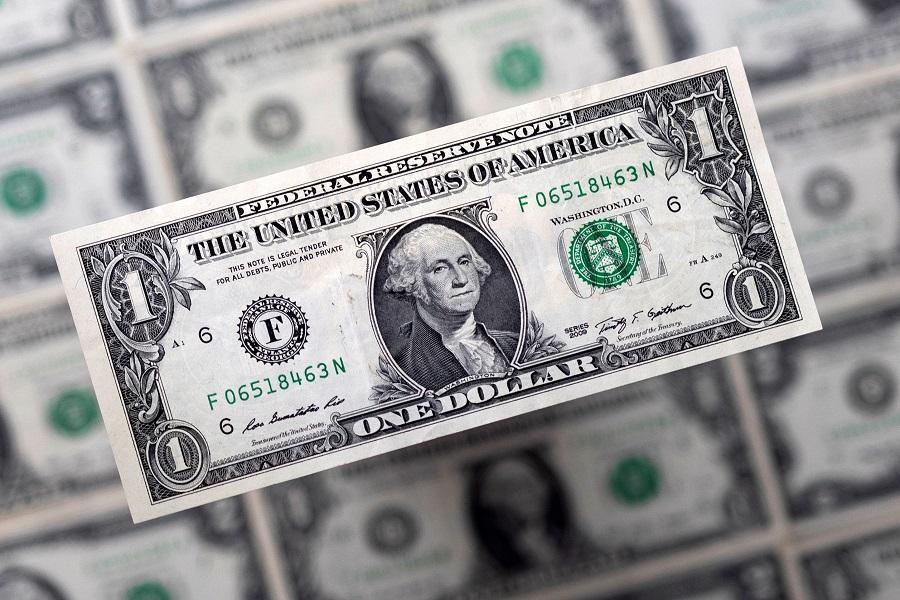
Dollar Wobbles, South Korean Won Steadies Amid Trade Uncertainty
The global financial markets have been witnessing a rollercoaster ride in recent days, with investors grappling with the uncertainty surrounding trade deals and their implications on currencies. The US dollar, in particular, has been experiencing a volatile week, with its value wavering on Thursday. Meanwhile, the South Korean won has steadied after a sharp fluctuation, as markets responded to news of a recent meeting between US and South Korean officials to discuss the dollar/won exchange rate.
The dollar, which had initially surged following the US-China tariff truce, began to waver on Thursday as investors grew cautious about the uncertainty surrounding the trade deal. The US Treasury Department’s announcement that it would delay the imposition of new tariffs on $160 billion worth of Chinese goods until December 15th had sparked initial optimism, leading to a rally in the dollar. However, as investors digested the details of the agreement, concerns about the lack of concrete commitments from China and the complexity of the deal’s implementation began to creep in.
The dollar’s volatility has been exacerbated by the ongoing tensions between the US and its trading partners. The US-China trade war has been a major factor in the dollar’s recent fluctuations, and the lack of clarity on the trade deal has led to increased uncertainty. The dollar’s value has also been affected by the US Federal Reserve’s dovish stance on interest rates, which has led to a decrease in the yield on US government bonds.
In contrast, the South Korean won has steadied following a sharp fluctuation in recent days. The won had plummeted to a six-month low against the dollar earlier in the week, but stabilised on Thursday after the US and South Korean officials met to discuss the dollar/won exchange rate. The meeting was seen as a positive development, as it signaled that the two countries were working together to address the won’s volatility.
The won’s fluctuations have been driven by a combination of factors, including the US-China trade war and the impact of the US Federal Reserve’s dovish stance on interest rates. The won has also been affected by the South Korean economy’s sensitivity to global trade tensions, as well as the country’s reliance on exports to drive growth.
The stability in the won’s value is a welcome development for South Korea’s economy, which has been facing challenges in recent times. The country’s exports have slowed significantly, driven by the decline in global demand and the ongoing trade tensions. The won’s stability will help to boost investor confidence and support the country’s efforts to boost economic growth.
In conclusion, the dollar’s volatility amid trade uncertainty has been a major factor in the currency’s fluctuations in recent days. The won, on the other hand, has steadied following a sharp fluctuation, as markets responded to news of a recent meeting between US and South Korean officials to discuss the dollar/won exchange rate. The stability in the won’s value is a positive development for South Korea’s economy, which is facing challenges in the current trade-inclined environment.
Source:






